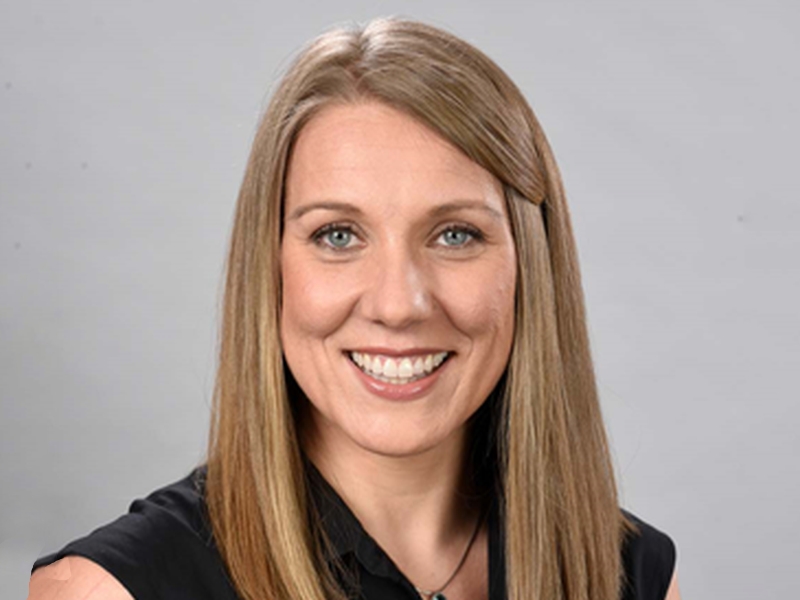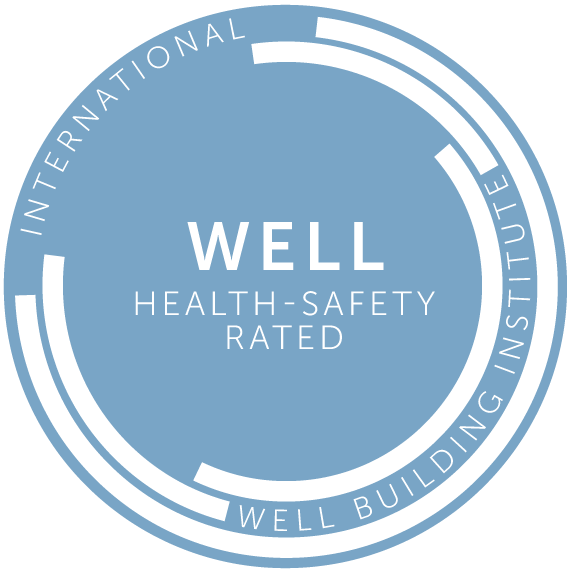Overweight and Undernourished: What Does Nutrition Density Have to Do With It?
Caroline West Passarello, M.S., R.D.N., L.D.N., C.L.T. | Registered Dietitian Nutritionist, Spokesperson for the Academy of Nutrition and Dietetics
Watch This Presentation:
In her presentation entitled "Overweight and Undernourished: What Does Nutrition Density Have to Do with It?" Caroline West Passarello, spokesperson for the Academy of Nutrition and Dietetics, examined how food accessibility and desirability affects obesity and nutrient density.
In a room full of doctors, veterinarians and nutritionists, Caroline asked everyone to think about what they ate the day before. She asked everyone to stand if they ate enough servings of whole grains, plant-based proteins, fruits, vegetables and the like, and sit down if they had not. Shockingly, there were only a couple people standing by the end, proving they had successfully met their dietary guideline goals.
If this was the result in a room full of people educated in what they should be eating, imagine how few common Americans are meeting the dietary guideline goals. The current state of the American food plate is upside down, with added sugars, sodium and saturated fats overconsumed and all else being consumed below the goal amount.
"We are not meeting the dietary recommendations. The United States eating patterns have diets that are low in vegetables, fruits, whole grains, seafood — all the things we talk about that we want to be high in. And unfortunately we are high in refined grains, added sugar, saturated fats, and sodium, and for some proteins," Caroline noted. "Only 23% of us are meeting our goals for fruits and vegetables, but does anybody know what the most commonly consumed vegetables are? Potatoes and tomatoes. Why? French fries and ketchup. So even with the people meeting their recommendations, it comes with a lot of additives we do not want."
In agreement with the presentations before her, Caroline says "we need to make the healthy choice the accessible choice." Planning and preparation of food takes time, an essence some people do not have. Lack of time leads people to processed foods. Luckily, not all of these have to be bad. "Anything that has been canned, cooked, frozen, or changed in nutrients in any way is processed. Any time we cook we are processing foods if we are baking or preparing foods. So processing is on a continuum, from minimally processed, to slightly more processed, to the most heavily processed." The most heavily processed items are pre-made meals such as frozen pizza and pre-packaged frozen dinner, considered "ultra-processed." The further on the "ultra-processed" continuum you go, the higher mortality risk according to a study in the Journal of American Medical Association.
Caroline stresses that while the current health of Americans include unhealthy diets and overconsumption, "it is very possible to be overweight and undernourished." Nutrient density is an important part of nutrition, and diets that are high in calories but low in nutrients are the issue. When trying to picture this, think of a glass of milk and one of pop. Both have the same amount of liquid and similar in calories, but milk is rich in nutrients like protein and calcium, where pop is not.
Thankfully, there are things that can be done. Symposium and education goals are important to put what we are talking about into action. Caroline highlighted that each individual can make a difference as well, encouraging everyone to move away from the westernized diet and toward a plant forward Mediterranean diet.
Additional Resources:

About the Speaker
Caroline is the owner of Caroline West LLC, a nutrition consulting practice that specializes in science-based savvy solutions for companies and individuals. She is a spokesperson for the Academy of Nutrition and Dietetics and part-time faculty at the University of Pittsburgh. She has extensive experience perceptively designing programs and nutrition education for a wide variety of consumers, most recently working on a project that used a food is medicine approach to improve health through a plant-based eating pattern. Caroline has a specialty certificate in adult weight management, is a certified a lifestyle and eating performance therapist and is certified in integrative and functional nutrition. She has a passion for children’s nutrition and all things fruits and veggies.




